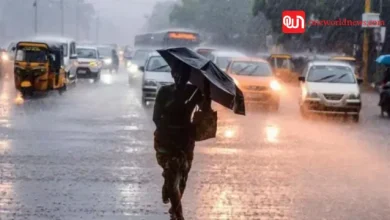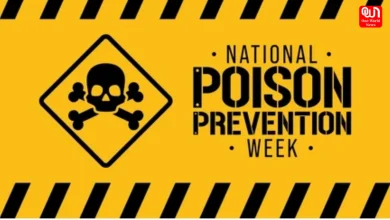Mental health crisis rises during Pandemic

People across the states have been facing mental health concerns as a result of the pandemic and the lockdown
India, in the middle of an unprecedented pandemic, may also be witnessing a quieter but equally damaging health catastrophe and an explosion in the number of people battling mental health issues. In India, over 30 million people suffer from mental health problems. But only a fraction seek help. Most of those who do, belong to urban areas. In rural areas, mental health continues to remain an alien concept. According to the 2015-16 National Mental Health Survey, there are only 0.05 psychiatrists for every 100,000 in central India. The number increases to 1.2 in southern parts of India.

The second wave of COVID-19 has left us reeling, exposing the cracks and bigotry in our systems like no other time. It has left most infrastructures shaken and wanting but, mostly, it is our health and welfare services that have come under scrutiny. The second wave has created a sense of panic and disorientation for the population that is very different from what was experienced in 2020 due to the severe crippling of medical infrastructure. Some of the factors that could affect mental health, especially in the middle of the pandemic, are obvious – the rapidly evolving nature of the event, the threat to oneself and loved ones, the overall impact on the economy, jobs, and so on. A study published in The Lancet on the burden of mental health in India between 1990 and 2017 has found 197 million Indians were suffering from mental disorders. Covid as a pandemic and mental health as an epidemic is becoming hand in glove.
Read More: Is BJP is inciting communal Tension amid violence eruption in West Bengal?
As the pandemic wears on, ongoing and necessary public health measures expose many people to experiencing situations linked to poor mental health outcomes, such as isolation and online education. Existing mental illness among adolescents may be exacerbated by the pandemic, and with many school closures, they do not have the same access to key mental health services. Suicidal ideation is yet another major concern for adolescents during the pandemic. Coronavirus disease (COVID-19) might not be as lethal in children and adolescents as it is in adults, but it does cause a lot of psychological distress in this age group. Adolescents are experiencing acute and chronic stress because of parental anxiety, disruption of daily routines, increased family violence, and home confinement with little or no access to peers, teachers, or physical activity. It is also a time to address adolescent mental health in India systematically, to monitor the incidence of various psychiatric disorders (eg, depression, anxiety, and self-harm behaviors), and to identify factors for both risk and resilience.

People with mental health issues rely on long-term care. Discontinued counseling sessions and not being able to meet the doctor or the counselor can be unnerving for many in the country. Rural communities have their own mental health issues. Social determinants like education, livelihood, or family structure play a role and social barriers like caste, class or gender can restrict access to mental health. Mental health issues need to be embedded in a broader public health discourse to allow for it to be treated like any other health issue as envisaged in our national health policies and programs; only then can effective community participation take place. Needless to say, a nationwide mental health crisis is imminent, which is the silent pandemic waiting to happen unless addressed immediately. As Covid cases continue to rise, a grip on the infection as well as on the mental health impact seems imperative for India and Indians to come out of the crisis.
Have a news story, an interesting write-up or simply a suggestion? Write to us at info@oneworldnews.com







